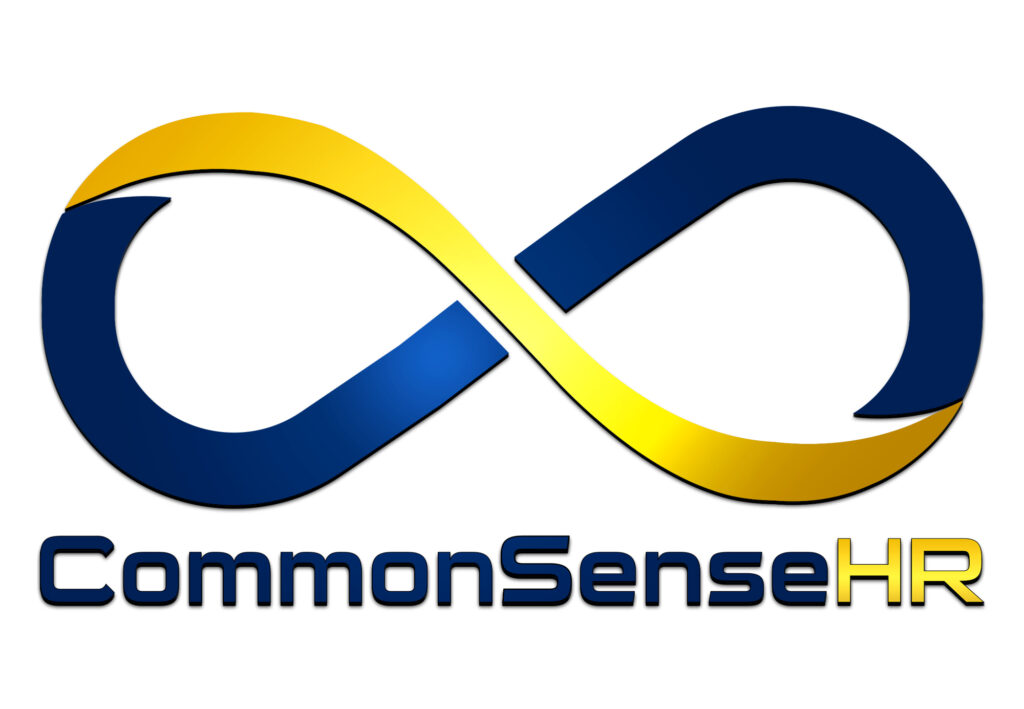A focus on technical skills is as important as ever when it comes to recruiting suitable candidates. However, it is rarely sufficient in selecting the right person. In fact, the World Economic Forum now recognizes emotional intelligence (EQ) as one of the top ten employment skills needed by employers.
After all, interpersonal conflict, for example, is more effectively prevented than it is corrected, and EQ can play a significant role in mitigating unhealthy conflict. When problems occur, employees who possess a high level of emotional intelligence may still feel the same frustration, and even anger given a particular situation, but the difference is their ability to regulate these emotions appropriately.
Conflict often arises due to differences in personality and work style. The ability to be versatile in navigating the differences between oneself and orthers contributes greatly to having things run smoothly in the workplace.
Another factor that plays into the ability to manage emotions is that of hardiness and resilience. It is said that as humans we are 50% nature and 50% nurture. However, when we look at the 50% nurture component in our daily lives how we manage conflict is typically 40% attitude and only 10% of the circumstances we need to face. Although we cannot change our basic personality (the 50% nature component), emotional resilience comes largely from our attitude, which has developed over time and can take considerable effort to change.
The question then is how to assess for emotional intelligence when hiring, particularly for management and leadership positions. After all, people who can effectively manage their own emotions, as well as those of others make better leaders. Because they are able to handle stress more effectively, they are also usually happier too. Unfortunately, many managers lack self-awareness and social skills resulting on their having a detrimental affect on the people who report to them, after all emotions are contagious. Mangers without a sufficient level of self-awareness are typically locked into their own work style comfort zone, often with an inability, or an unwillingness to step out of it so as to accommodate the work styles of others.
Assessing for emotional intelligence is different than that of assessing for personality.. Personality tests, after all do not measure specific emotional intelligence competencies such as self awareness, positive outlook and empathy. It is also a good idea where possible to run a 360 assessment rather than a self assessment since as much as 50% of how a person sees themselves is different than how others see them.
It is also important when checking references to include questions to the previous employer as to how the candidate got along with co-workers. This may require a gentle pushing for additional details to avoid previous employer’s responses being too general. Of course, when interviewing candidates, it is equally important to utilize behavioural questions so as to tease out how they might have handled their emotions in the workplace in the past.
In my work with screening candidates I assess emotional intelligence, social style, versatility and hardiness and resilience since I believe that, in addition to assessing a person’s emotional intelligence, it is also important to assess a candidate’s work style, their ability to adapt to the work styles of others, and their level of hardiness and resilience. These competencies all work together in helping to both select and develop talented employees.


